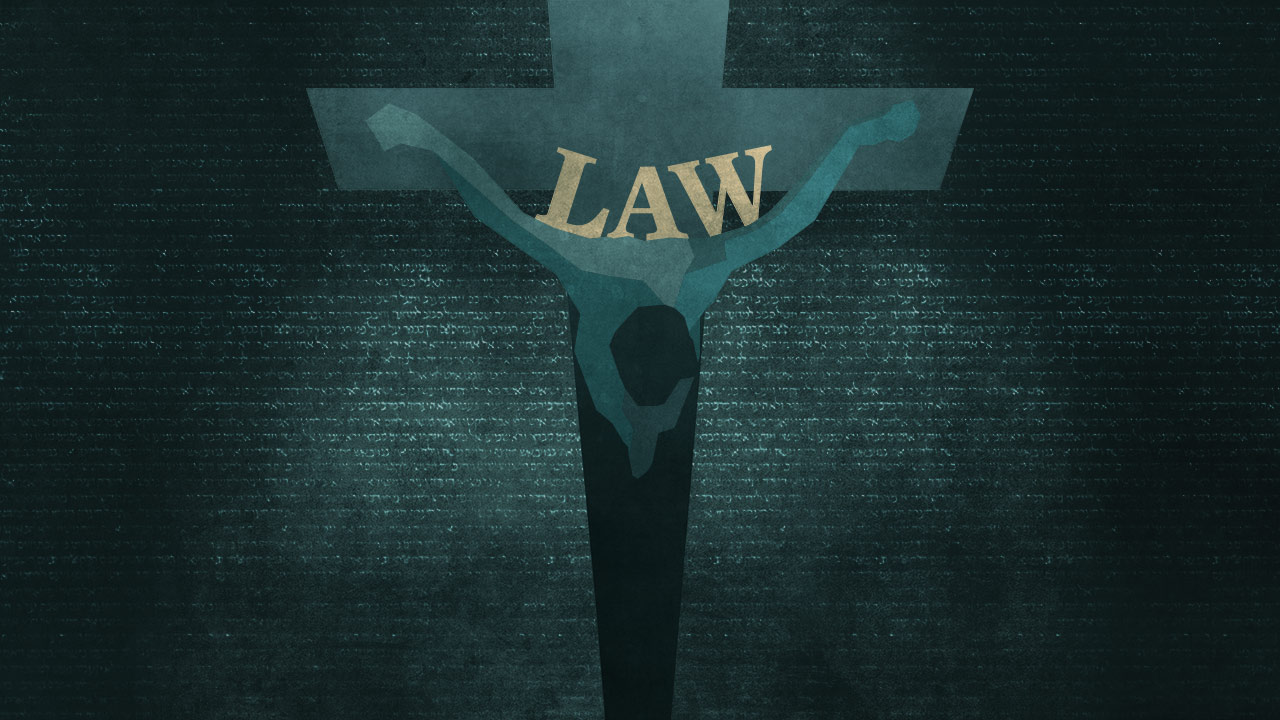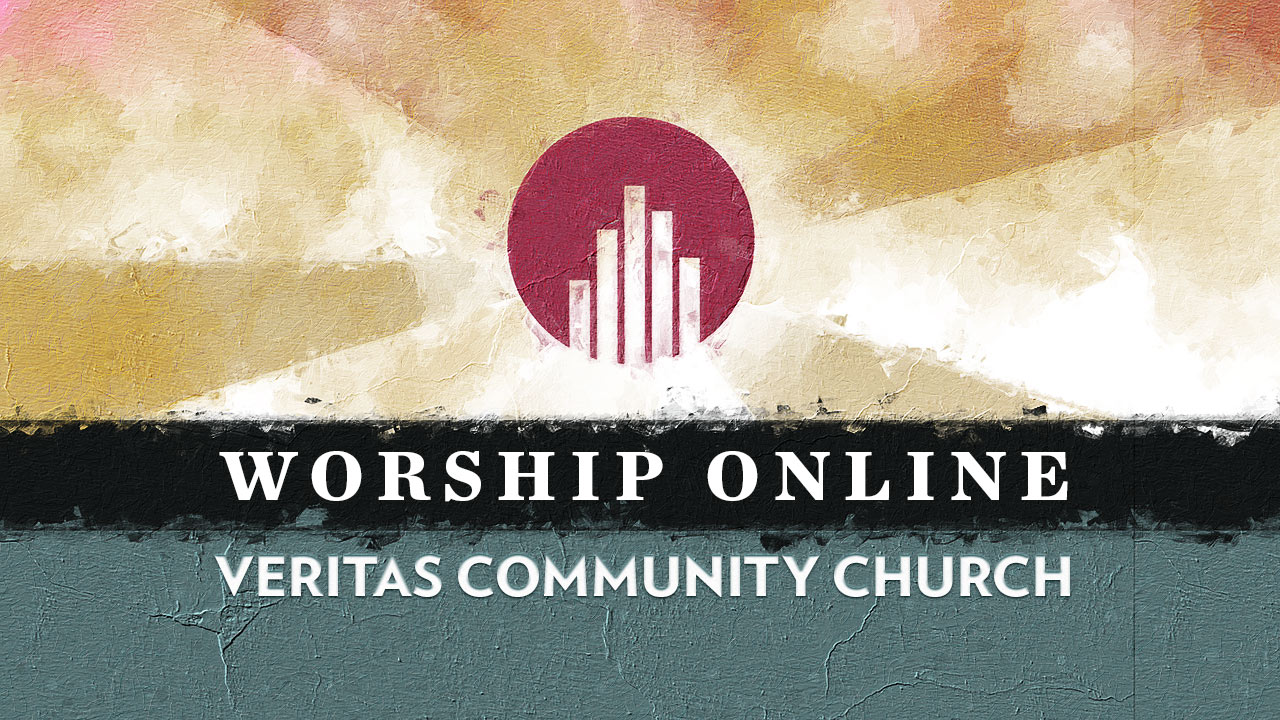
The Grace of the Law
Congregation: Tri-City
Series: Matthew - Law
Speaker: Brad Snyder
Scripture Text: Matthew 5:17-20
Getting Started: As Jesus gets into this portion of the Sermon, what are the people listening to Him thinking? Where have the first verses of this sermon left them mentally/emotionally? Why? So given what Jesus has said in the Beatitudes, what are the people thinking about the law; what about blessing? (Leaders: different people listening to Jesus would have had different thoughts, but shock would have been the universal reaction. They would have been wondering, “what about the law”? That was a huge focus for the Jews – they found their identity in this, and rightly so. But it both crushed them, and made them proud. So “some are celebrating and some are furious” said Brad. This is the backdrop to this passage 17-20).
Defining Our Terms: When Jesus says, “the law and the prophets”, what is He referring to? (Leaders: the entirety of the Old Testament Scripture).
Brad mentioned that there are at least four ways in which Jesus “fulfills the law”, let’s look at some of those (Leaders: as you reviews the points below, point number four might be something you’ll want to spend more time on, so budget your time accordingly!):
First by being the full revelation of God’s character (see Hebrews 1:1-3; John 1:14) – What did this look like in the life of Jesus? How did he manifest the character of God? What attributes do we see in the life of Jesus?
Second by fulfilling what the prophets predicted the coming of the messiah (see Luke 24:25-27). What kinds of prophecies can you recall from the Old Testament that spoke of a coming Messiah? Are there any details that we celebrate – for instance, at Christmas – that relate to this? (Leaders: just a few examples: Gen. 49:10 the Messiah would come from tribe of Judah and have the scepter; Ex. 12 Jesus the passover lamb; Deut. 18:15-19 Messiah will be prophet like Moses; 2 Sam. 7:12-16 Messiah will be a descendant of David; Ps. 2 Messiah will be called “God’s Son”; Ps. 22 Messiah will be forsaken, pierced, but vindicated etc. etc.)
Third by perfectly fulfilling/obeying the requirements of the law – not just outwardly but by having the perfect heart, rejecting the superficial observance of the law (see Hebrews 4; 2 Cor. 5:21; 1 Peter 2:22). Why was it so important that Jesus was obedient to the law and to the Father? How does this matter to us even now 2000 years later – and specifically what does it mean for us personally?
Fourth by fulling the entire story of redemption and the history of God’s people – all history points to Jesus. And this transforms how we look at history (especially redemptive history in the Bible). How do stories like David and Goliath get transformed when we realize that they are NOT about us, but about Jesus? How does this change your approach to Bible, and also living out the Christian life? Are there other stories in the Bible which you can see pointing to Christ in a similar way? (Leaders: When we see Jesus as the one who fulfilled the law, and the one to whom history points, we see that these men were simply “types” who pointed forward to “the perfect”. There are certainly aspects of these men and women that demonstrate the fullness of Christ’s character, but they were all men like us. Read Hebrews 11 for more examples of this!)
Its not the question of Jesus’ relation to the Law that is in doubt but rather its relation to him! – D.A. Carson
Do Christians pick and choose aspects of the law to obey? Brad explained that one way to think about the Old Testament law is to separate it into “civil, ceremonial, and moral” aspects – though there are definitely some overlap between these. Without spinning wheels working to divide them all up, how can we see how Jesus fulfilled the civil law? What about the moral law? Has the ceremonial law completely passed away? How has Jesus transformed/fulfilled this aspect of the Old Testament? How does this affect our walk with Christ today? (Leaders:
For all the Old Testament and the Law, we can ask “How does this point me to Jesus, and if He fulfilled this then how should I live?” – Brad, from the sermon
For new covenant Christians – the church – what does it look like to obey the law today? Do you obey the law of Christ merely from outward conformity? There is nothing righteous about obeying to simply be accepted. Therefore, how do we rightly obey? What does that look like in your family life? In other words, what do we expect from our kids – do you mirror Christ-like obedience? What would that look like?
Looking a bit at how legalism works in our lives…Brad mentioned that while the legalism of the Pharisees certainly added a great burden to the lives of Jews, it also prevented them from dealing with heart issues. What are some of the ways that we reshape the law of God to make it more palatable to us? Put another way, how have we/you insulated your life from dealing with heart issues? Have you ever implemented rules or practices that started with good intent, but ended up preventing you from dealing with heart issues by becoming the focus of your efforts?
Jesus loves you too much to abolish the law, and he loves you too much to let the law condemn you! So what does he do? He came to Fulfill it for you! He lived a perfect (righteous) life…but he didn’t only fulfill the law by being obedient to it, he fulfilled the punishment the law demands for someone whose broken it and rebelled against it! He fulfilled the punishment you owed and he fulfilled the righteousness you need to be accepted into the Kingdom of Heaven! – Brad, from the sermon
What are the consequences of Christ’s fulfillment of the law for our lives today? (Leaders: we are accepted by God because of His grace. We can walk in grace, knowing that we can stop running from the law, and let it drive us to our need for Jesus. Let the law do its work to let it lead you to grace.)



Comments are closed.